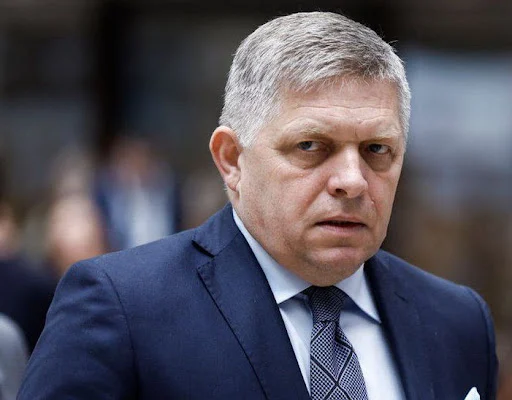May 20, 2024 — The past two weeks have been marked by an alarming series of events that have shaken the political landscape across the globe, raising serious concerns about global stability and security.
The turmoil began on May 7th, when an assassination attempt targeted Saudi Crown Prince Mohammed bin Salman. Although details remain scarce, initial reports indicate that the plot was foiled by the prince’s security team. The incident has amplified already high tensions within the kingdom and has drawn international attention to the precarious nature of Middle Eastern politics.
Just a few days later, on May 13th, Turkish President Recep Tayyip Erdoğan held an emergency meeting with top military officials and government leaders following a credible warning of a possible military coup. The urgency of the meeting highlighted the fragile political climate in Turkey, a country that has experienced coup attempts in the past. The government has since ramped up security measures and closely monitored military activities, striving to maintain control and prevent potential unrest.
The wave of instability continued on May 15th with an assassination attempt on Slovak Prime Minister Robert Fico. The attack, which Fico survived, has triggered a heightened state of alert in Slovakia. Security forces are conducting a thorough investigation, and the prime minister has vowed to strengthen national security to protect against future threats. This event has sent shockwaves through Europe, underscoring the vulnerability of political leaders.
On May 16th, another disturbing event unfolded when a Serbian citizen was arrested for threatening to assassinate President Aleksandar Vučić. The arrest has sparked an intensive investigation into possible motives and connections, adding to the sense of unease in the Balkans. The Serbian government has increased security protocols around key political figures in response to the threat.
The situation grew even more dire on May 19th, when Saudi Arabia’s King Salman was hospitalized for the second time in four weeks. The recurring health issues of the 88-year-old monarch have fueled speculations about the future of the kingdom’s leadership. Amidst the political tensions following the assassination attempt on the crown prince, King Salman’s health problems add another layer of uncertainty to the region.
On the same day, a helicopter crash involving Iranian President Ebrahim Raisi and Foreign Minister Hossein Amir-Abdollahian further heightened regional instability. Both leaders survived the crash, but the incident has raised numerous questions. While initial reports suggest technical failure, there is widespread speculation about possible sabotage. The Iranian government has launched an in-depth investigation to determine the cause of the crash and ensure the safety of its leaders.
These incidents are not isolated; they represent a troubling pattern of political instability and targeted violence affecting nations around the globe. The international community is closely monitoring the situation, with many world leaders expressing concern and urging for diplomatic solutions to prevent further escalation. As the global political climate becomes increasingly volatile, the need for vigilance, dialogue, and cooperation has never been more urgent.
Tags
International

